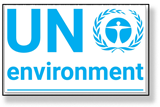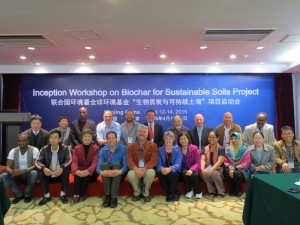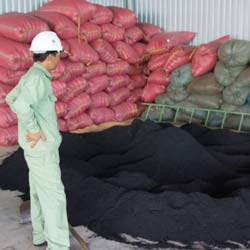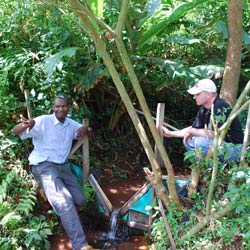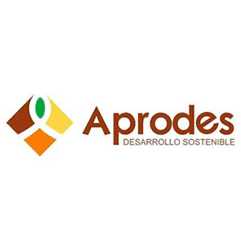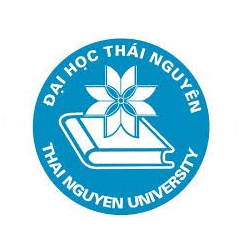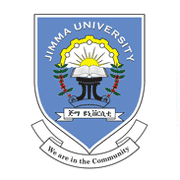The principal B4SS project objective is to demonstrate and promote the adoption of sustainable land management (SLM) practices involving the use of innovative organic amendments, based on biochar, that improve the capture and efficient use of nutrients, and enhance productivity, improve climate resilience, support rural livelihoods, and contribute to watershed management. The project seeks to promote the diffusion and successful adoption of biochar techniques for sustainable land management (SLM) among the B4SS partner countries, and beyond.
The project aims at collating the knowledge that is generated through the implementation of the targeted biochar demonstration projects. Awareness and improved understanding amongst smallholders, including women’s groups, and resource managers about the most effective biochar formulations and application rates to improve soil functions and reduce land degradation, will be created and shared among stakeholders. This integrated global approach to advance the knowledge on the use of biochar for SLM is expected to be an effective and empowering way of conveying other messages to farming communities mainly interested in soil improvement. The cost effectiveness of the knowledge management approach proposed in the B4SS project is not only related to the quantity of smallholders targeted but also to the amount of interested parties that could be reached through the website and publication of the B4SS good practice guide.



